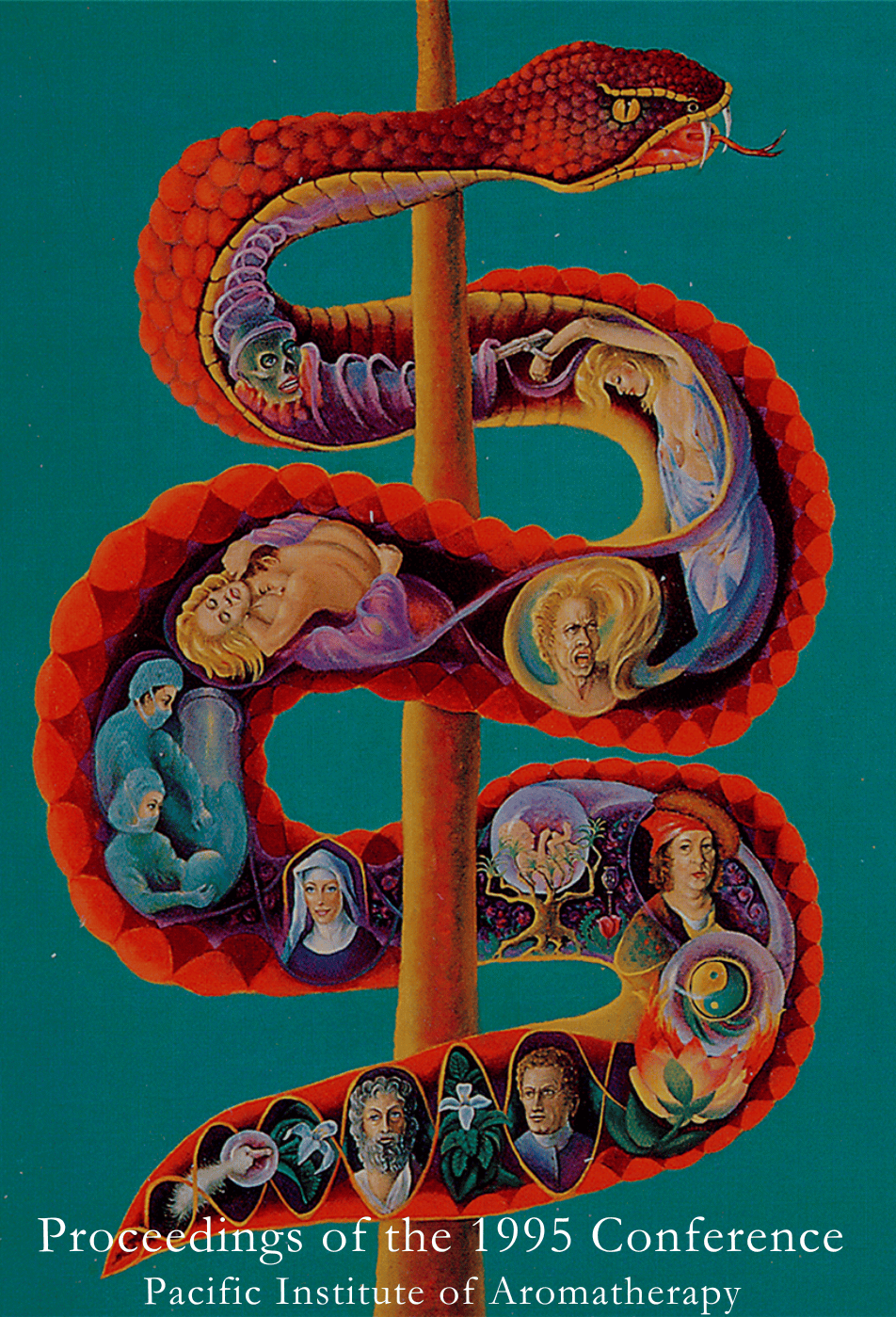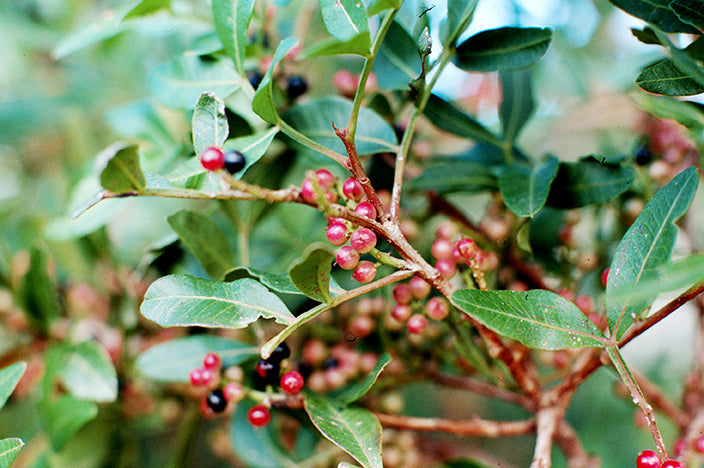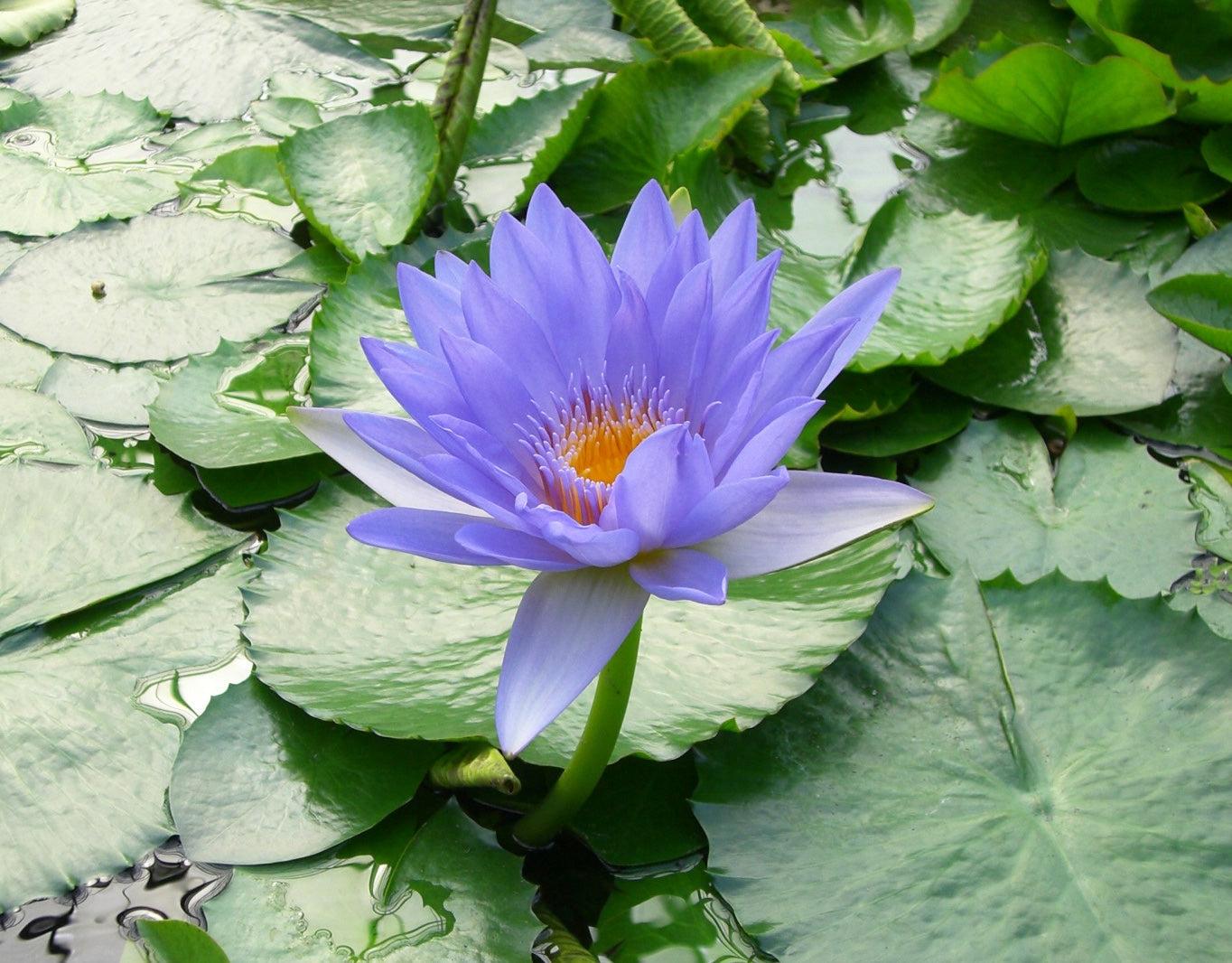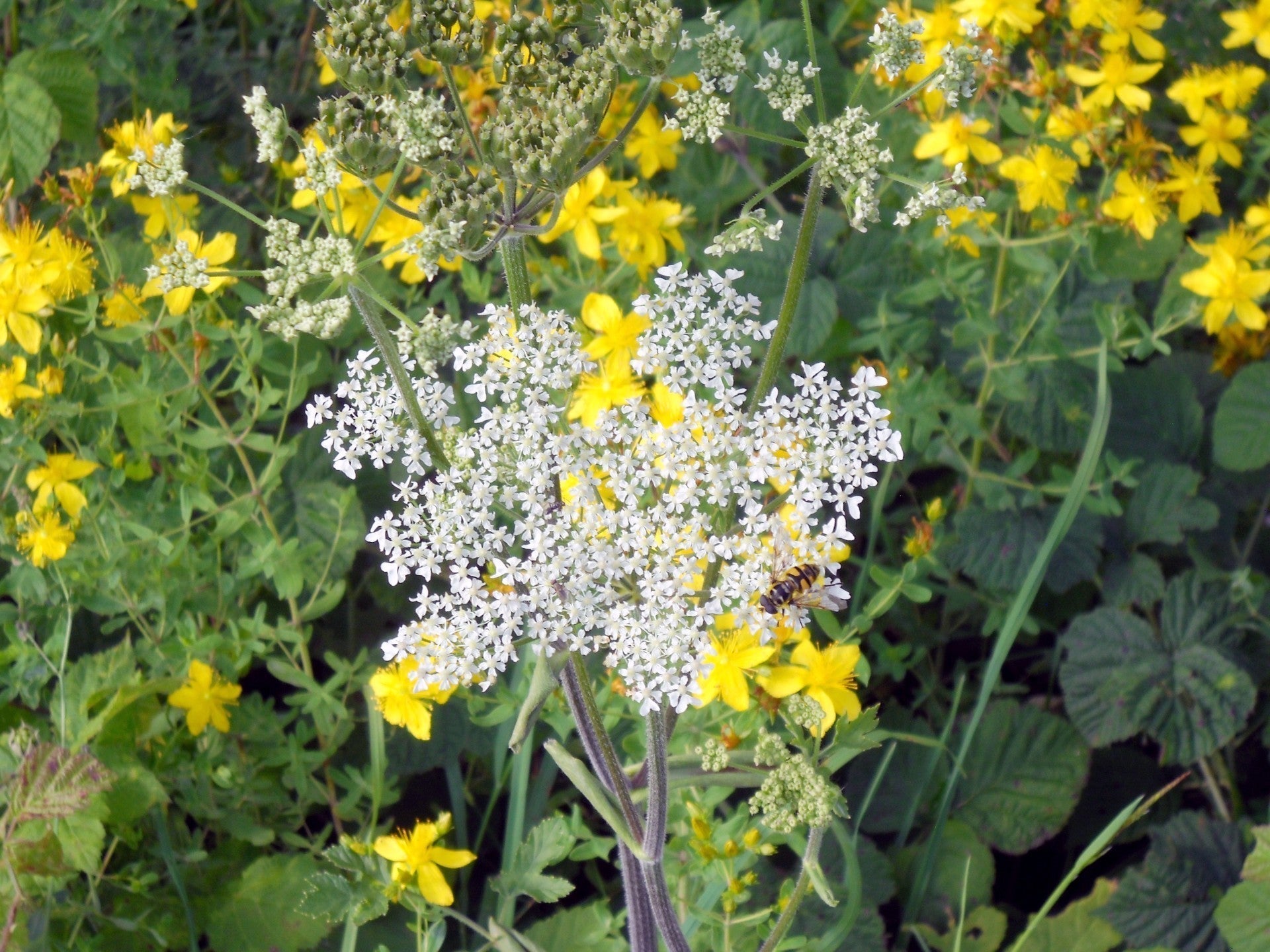In today's world, the media often presents a daunting picture. Yet, while we may not have control over the larger forces at play, we can control the fragrances and essential oils we surround ourselves with. Though essential oils cannot alter global events, they can provide for a vibe that will make things just a little less intimidating.
Essential oils exercise their effects on soul and psyche by interacting with the Autonomic Nervous System (ANS). For everyone wishing to explore the ANS connection of essential oils, Dr. Rolf Deininger's seminal contribution to this topic, The Magic World of Essential OIls and Scents, Their Influence on the Psyche, is available in full length in the Proceedings of the 1995 PIA Aromatherapy Conference.
In this 75 page article, Dr. Deininger presents experimental data on the psychic action of scents. He sets the tone about the nature of smell by stating the following ... (see below)
Ravintsara is commonly accepted as a powerful antiviral agent in the context of colds and flu. However, it is also a forceful neurotonic, uplifting patients weakened from their condition.
Cardamom is a powerful antispasmodic and, as such, helps to overcome emotional upset.
Frankincense is well known for myriad benefits and is commonly used for nervous depression.
Lavender, how can an attempt to create an uplifting synergy manage without Lavender. Classic aromatherapy recommends true Lavender for spasms of the solar plexus, insomnia, and anxiety.
Marjoram is one of the more underestimated therapeutic oils. It is the classic and effective remedy for neurovegetative dystony. French aromatherapy recommends it for hyperthyroidism with associated cardiovascular troubles such as tachycardia and hypertension. Marjoram is also recommended for many forms of neuropsychological issues such as anxiety, stress, exam-anxiety, neurasthenia, and neuralgias.






Share:
Rosa damascena: Distillation time is June
Sandalwood from Sri Lanka